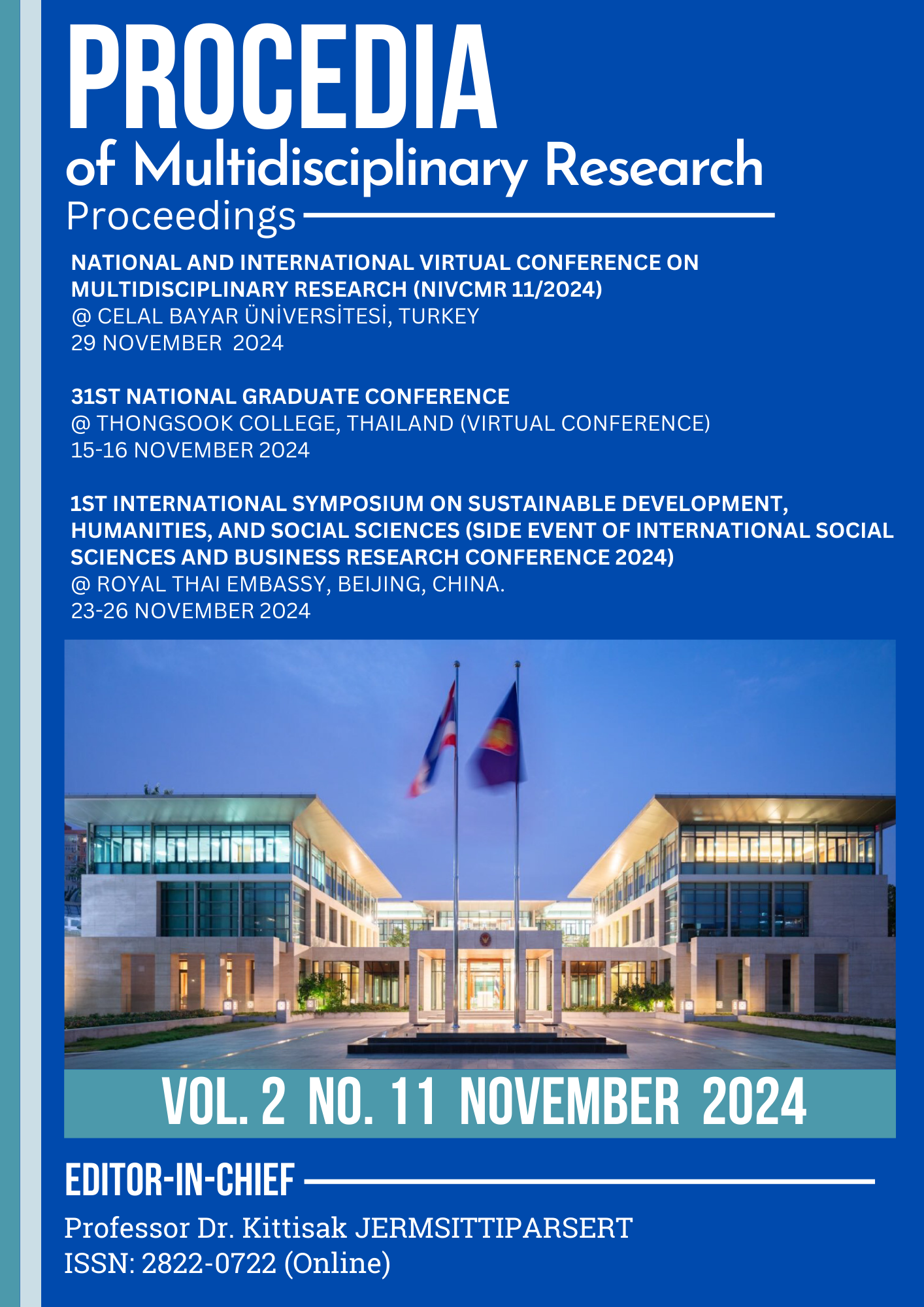LEARNING MANAGEMENT FOR CRITICAL THINKING DEVELOPMENT OF 10TH GRADE STUDENTS USING SOCIOSCIENTIFIC ISSUES
Abstract
This research aimed to develop students’ critical thinking skills through learning activities based on socioscientific issues. The sample consisted of 36 10th-grade students from a school in Bangkok. The research instruments included lesson plans, a critical thinking test, observation forms for critical thinking characteristics, post-learning records, and reflective learning diaries. Quantitative data were analyzed using averages, percentages, and standard deviations, while qualitative data were analyzed through thematic analysis. The research results showed that the mean critical thinking scores increased after participating in learning activities centered on socioscientific issues. The average score increased by 6.89 points, with the greatest improvement in identifying preliminary agreements, accounting for 26.10 percent. Minimal deductive development accounted for 11.10 percent. The students developed characteristics typical of individuals with critical thinking, such as reasoning ability, and avoided making decisions based on instinct or emotions.
Downloads
Published
Issue
Section
License

This work is licensed under a Creative Commons Attribution-NonCommercial-NoDerivatives 4.0 International License.







.png)


